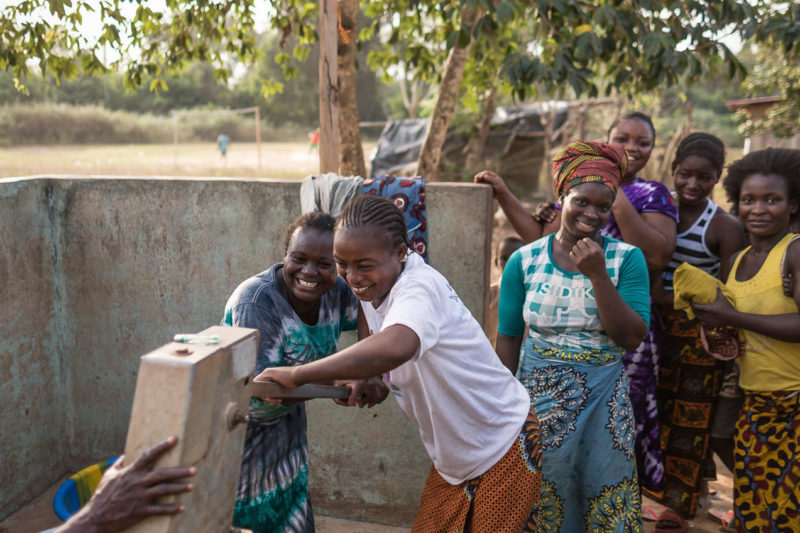Fairtrade America studies find US shoppers willing to pay up to 30% more for its chocolate ranges

Fairtrade - Cotes d'Ivoire Cacao
Latest research from Fairtrade America has found awareness of its activities has increased by 50% among consumers in the past two years (standing at 41%), with shoppers willing to pay more for its chocolate ranges, writes Neill Barston.
The global certification non-profit organisation seeks to partner with farmers and workers in developing countries to negotiate better prices, decent conditions, and a fairer deal overall – including within key cocoa producing nations of Ghana and Ivory Coast.
Among the key findings from its latest studies, chocolate was considered one of the most recognised Fairtrade products, with U.S. shoppers willing to shell out up to 30% per bar more for chocolate using its schemes.
Some of the key issues facing the sector were placed under the microscope by the organisation at the recent World Confectionery Conference, which highlighted major problems of pressure on cocoa prices within West Africa, ongoing child labour concerns, and environmental management priorities as part of its overall contribution towards sustainable business practices.
According to the biennial consumer insights report report conducted by GlobeScan, results point to increased trust and favourable perception of the organisation’s certified brands and products, as well as increased recognition of the Fairtrade Mark.
Conducted among over 2,000 US consumers and over 15,000 consumers globally via an online survey, the new research included several other major findings for the region.
This included the fact that Fairtrade Mark has a very positive impact on brand perception among U.S. consumers – 80% of U.S. shoppers aware of Fairtrade would look at a brand that carried its certification label more favourably (versus 76% in 2019).
Trust in Fairtrade among U.S. consumers has increased, with 57% of U.S. consumers trusting the Fairtrade International Mark (versus 48% in 2019). Coffee remains the most recognised Fairtrade product, and U.S. shoppers are willing to pay up to 35% per pound more for products within the category.
The COVID-19 pandemic served as a wake-up call to consumers about the need to make more ethical purchasing choices. According to independent GlobeScan public opinion research, consumers now expect companies to demonstrate fair wages, fair employee treatment, and environmental protection in sourcing and production.1 Since the pandemic, GlobeScan has seen significant increases in the public’s expectations of companies to act responsibly. In fact, 41% of U.S. respondents say they have changed their purchasing choices within the past year to make a difference on an economic, social, environmental, social, or political issue, indicating people increasingly see their everyday shopping as an important way to make a difference.
The Fairtrade Insights report found that nearly three-quarters of consumers who have seen the Fairtrade label when shopping feel it is more important than ever to support Fairtrade in building a better economy for all. Shoppers looking for ethical products are most concerned about child labor, deforestation and sustainable farming practices, and working conditions, all key impact areas for Fairtrade internationally.
“The pandemic opened the public’s eyes to how interconnected we are to our communities as well as to the global supply chains we all rely on to produce everyday staples. Shoppers worldwide, including here in the U.S., are realizing the positive impact their purchasing decisions can have on farmers and workers to receive fair prices, assistance to adapt their practices to the changing climate and empower women and children in farming communities worldwide,” said Peg Willingham, executive director, Fairtrade America. “We are pleased to see this growing traction for the Fairtrade Mark and the positive perception it imparts on our brand partners. Our goal is to grow U.S. consumer preference of Fairtrade to the levels of certified organic goods.”



